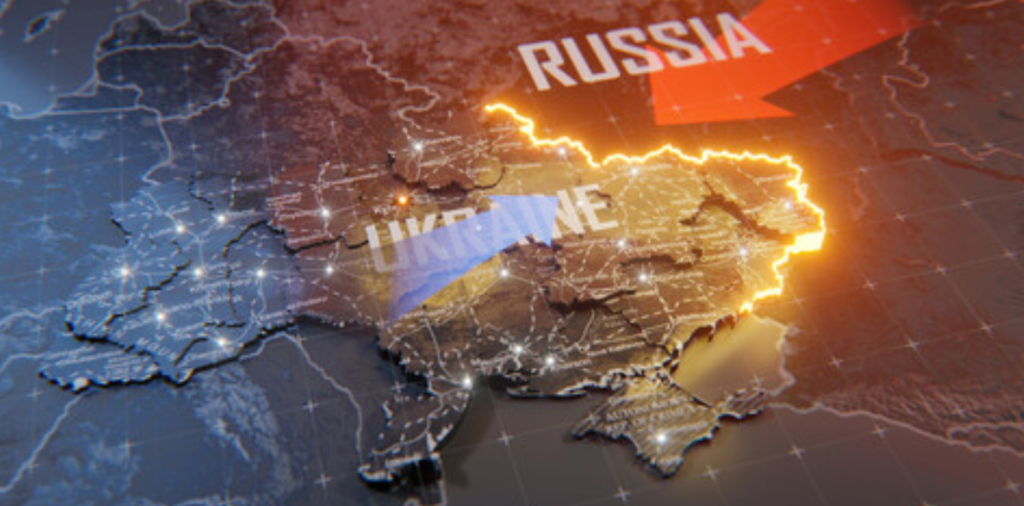The United Kingdom’s recent decision to extend a £2.26 billion ($2.94 billion) loan to Ukraine for its fight against Russia raises significant geopolitical concerns and financial implications. This funding will be derived from profits generated by an estimated €300 billion in Russian assets that have been frozen since the onset of the conflict in 2022. UK Chancellor Rachel Reeves has framed this loan as a way to support Ukraine while emphasizing that it will be repaid through these profits rather than through the seizure of Russian assets. However, the reality of the situation begs the question: what if Ukraine falters in its struggle against Russia? Could the UK find itself in a precarious position should it expect repayment from a country that may not exist in the future?
Reeves delivers a bold justification for this approach, asserting that it aligns with Britain’s national interest and the defense of shared democratic values. By framing the conflict in Ukraine as one that directly impacts Western security, Reeves reinforces the narrative that engaging in the loan strengthens efforts to deter Russian aggression. Nevertheless, critics argue that this move could further escalate tensions between Russia and the West, diminishing prospects for a peaceful resolution to the ongoing conflict. The financing arrangement not only complicates relations with Moscow but could also incite a broader geopolitical struggle if Russian patience wears thin.
Furthermore, the announcement of this loan coincides with crucial meetings of G7 finance ministers and institutions like the International Monetary Fund (IMF) and World Bank. This timing suggests that the UK seeks to align its military and financial support for Ukraine with broader international strategies against Russia. However, the financial implications of such military aid remain complex. Russia, referring to the financial maneuvers as a form of “theft,” raises the stakes in considerations of international law and financial stability in the Western financial system. As these assets remain immobilized, the long-term ramifications for global economics and trust in financial systems could be severe, potentially leading to further retaliatory measures by Moscow.
As the war continues, reports indicate that Ukraine may struggle to maintain its defenses, exemplified by reports of elite troops surrendering to Russian forces in contested regions like Kursk. This reality underscores an urgent question: what happens if the expected support doesn’t yield the necessary results on the battlefield? The West’s heavy investment in Ukraine – financial and military – may not guarantee success and could lock Western nations into a protracted conflict with Russia. Failure to achieve the intended outcomes could damage the credibility of Western powers and diminish morale both on the front lines and at home.
Remarkably, despite ongoing provocations, Russia’s response thus far has been restrained. The lack of immediate retaliation against a series of Western actions suggests a strategic calculation on Moscow’s part. Russia’s reluctance to escalate might be influenced by its own calculations regarding Western unity or a desire to avoid broadening the conflict. Nonetheless, the unyielding nature of the situation creates a precarious balance, and should Russia decide to shift its strategy, the consequences for global security could be catastrophic. The West stands at a crossroads where decisions made today may lead to unforeseen future confrontations.
The potential for a global war looms ominously over this situation. The implications of prolonging military support for Ukraine could lead not only to further financial repercussions but also to irrevocable shifts in international relations. The UK’s decision to lend Ukraine considerable financial resources derived from frozen Russian assets risks entrenching the West further into a conflict that might escalate out of control. If military dynamics change suddenly, and if Russia reconsiders its strategic posture, the West could find itself embroiled in a toilsome conflict that engulfs broader regional interests. As such, the unfolding events require acute attention from policymakers and stakeholders worldwide, who must navigate this increasingly complex and precarious geopolitical landscape.

